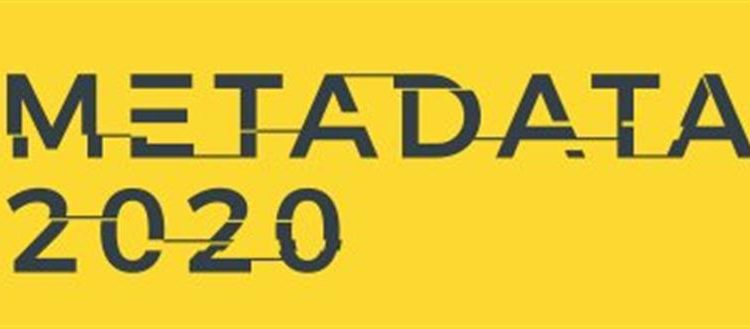Metadata 2020: Enriching Research Data

The Metadata 2020 program will advocate for richer metadata. Metadata is simply digital data that describes other data. This ambitious program is spearheaded by CrossRef and advised by ORCID. Metadata 2020 involves various academic stakeholders: namely universities, publishers, funders, library associations, and any other groups that care about scholarly communication. Importantly, the Metadata 2020 program is a community-led initiative.
Program Details
This advocacy campaign has a clear aim. Through a community-led effort, it wants to generate more awareness of, and resources for, richer metadata in scholarly communication. This means not only research institutions but also researchers must step up. After all, they are the ones who create and use this scholarly metadata.
A key part of this mission is to get scholarly publishers to embrace richer metadata. Specifically, to enrich deposits of metadata concerning the publications in three of its aspects: journal, issue, and article data. For example, the following details if deposited would enable a body of richer metadata to form.
Journal:
Digital Object Identifier (DOI)
Issue:
Day and month of publication, journal volume,
Contributors, and special issue title (if any)
Article:
Day and month of publication, page range
List of citations used
Information on funders and their identifiers in the “Open Fund Registry”
ORCID identification numbers
Full licensing/access information
Complete author affiliations
Number codes for clinical trials
Any internal identifiers
Archived locations (including that for datasets)
Over time, as the campaign goes on, CrossRef will issue “Participation Reports”. This will include information on the metadata that publishers report or omit. There will be “scorecards” that publishers can access online via CrossRef. Importantly, publishers are free to evaluate their degree of participation in the program. If not pleased with it, they can change how their metadata is requested and deposited.
Another key aspect of this campaign is the support center for metadata hosted by CrossRef. Here, you can find technical documentation that is quite comprehensive. In addition, there is product support, too, to assist with member registrations and the record keeping of metadata deposited. Help is also available to promote awareness and use of metadata records.
Finally, representatives for Metadata 2020 will give presentations at conferences or events. If you can attend such an event, you could learn more. However, if unable to attend, you could learn more from the Metadata 2020 home page. Metadata 2020 will also give workshops, and provide key tools for evaluating and developing metadata deposits in publishing.
There are many ways to get involved in the campaign. Volunteer as an advocate or tell your story or viewpoint. You can also follow the @Metadata2020 campaign on Twitter or stay updated by emailing info@metadata2020.org.
How It Helps Researchers
Poor metadata is not desirable. It creates inefficiencies and miscommunication in scholarly publishing and slows down scientific discovery. Richer metadata for journal articles would be a public good. Therefore, this Metadata 2020 program would immediately benefit the research community in several ways.
Firstly, richer metadata will help authors gain more visibility for their hard work. This is currently a problem faced by many researchers. Another one way it helps is by making reproducibility much easier for researchers since their work is accurately found and accessible to peers and the public alike.
Secondly, with richer metadata, a researcher’s performance is more transparent and better tracked. This data could be very helpful for researchers when applying for new funding. Funders would welcome this since they must base their decisions partly on the track record of research applicants.
Thirdly, by sharing more metadata freely and openly, researchers can benefit from accelerated collaborations. This would be on top of the speed gained in learning of and retrieving other research outputs via publishers and service providers. Better-linked metadata thus has the potential to spur research innovation and creativity.
Finally, duplication efforts are removed, if the metadata is reusable. Moreover, connecting the metadata will globalize and fill in gaps among communities and systems of research. Richer metadata that is open, accessible, and accurate can accelerate discovery by the research community.
Good Timing
The Metadata 2020 program came just at the right time. As more and more published research appears in a digital form online, and more of it is shared and downloaded, we need richer metadata to make sense of it all. Spearheaded by CrossrRef, Metadata 2020 is needed to show the research community that its top priority right now should be making robust and richer metadata a reality. In order to succeed, Metadata 2020 needs innovation, especially in synchronization and automation of deposits for richer metadata. This cross-community collaboration is important because improving the quality of metadata will improve the overall quality of research. Thankfully, this can only benefit society.
Will you participate in this initiative to improve metadata? How are you gonna go about it? Let us know your thoughts in the comments below!








